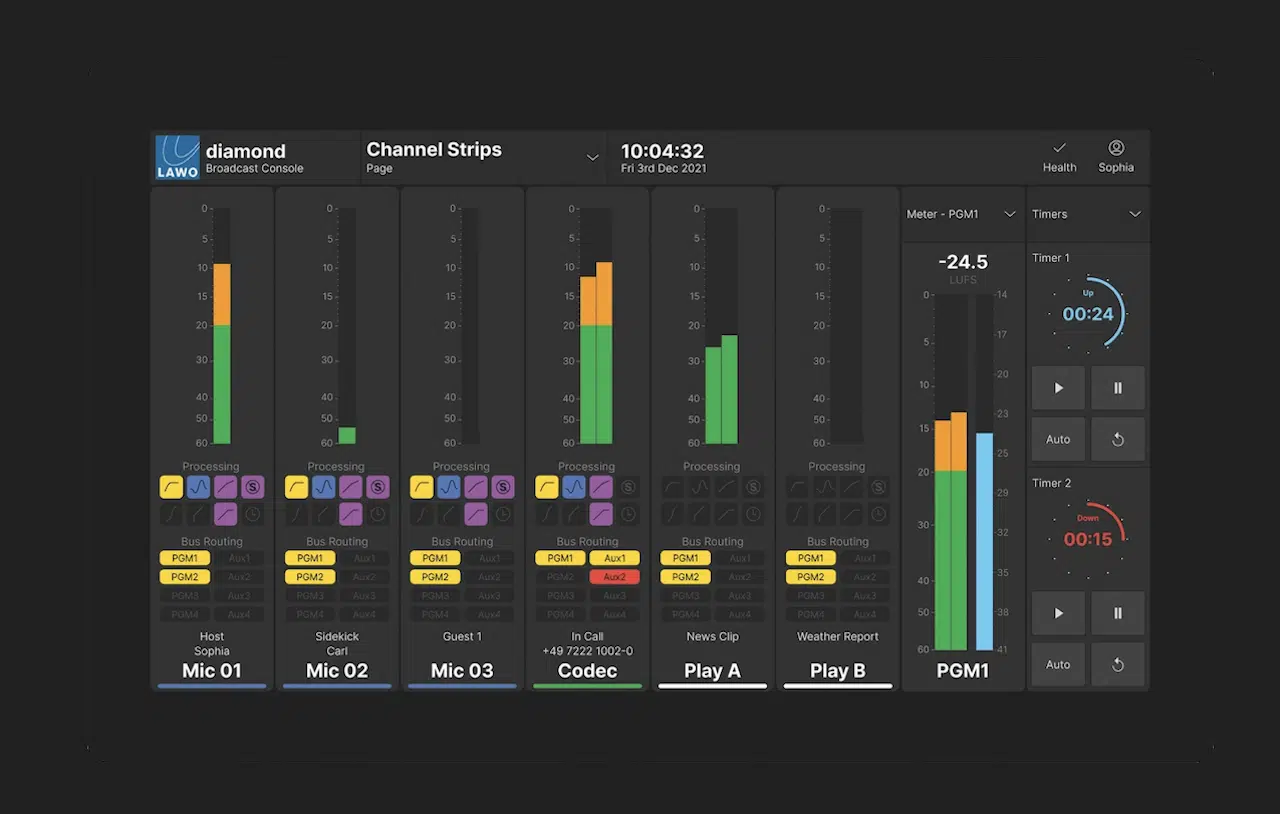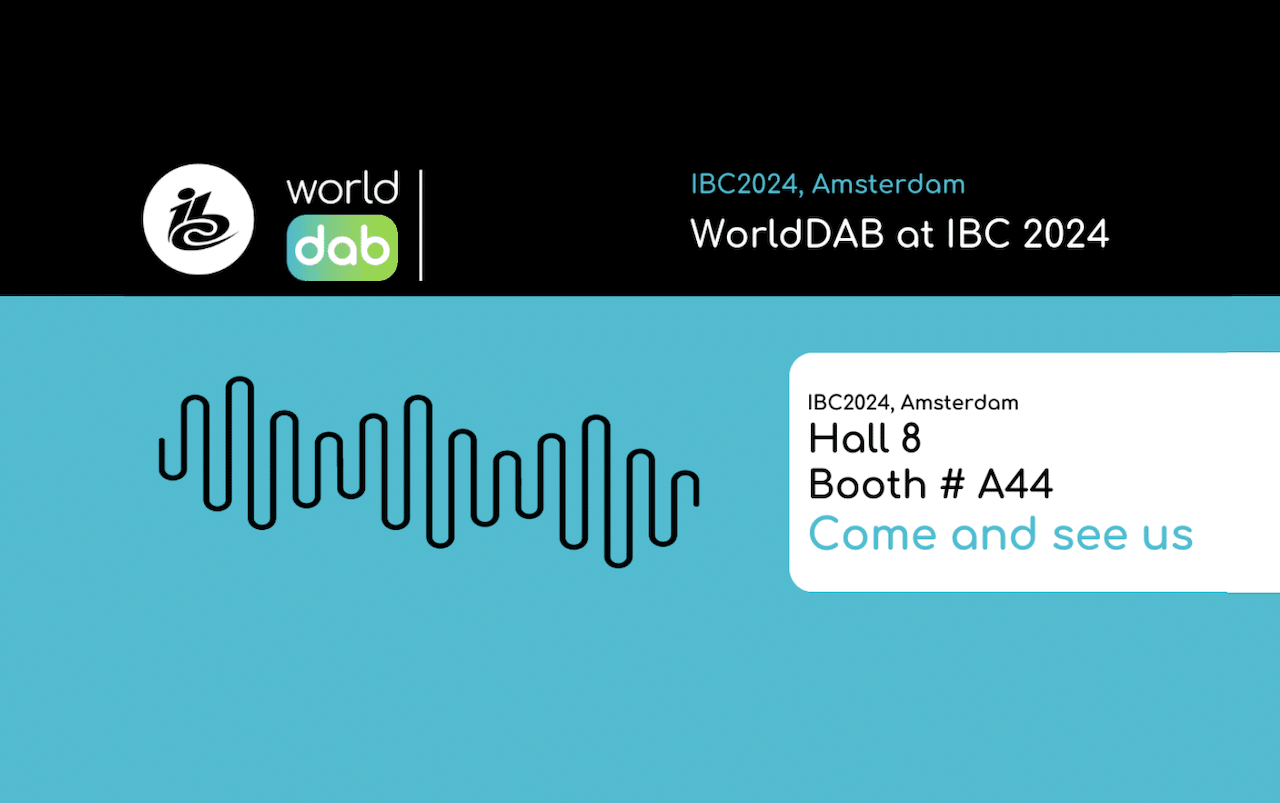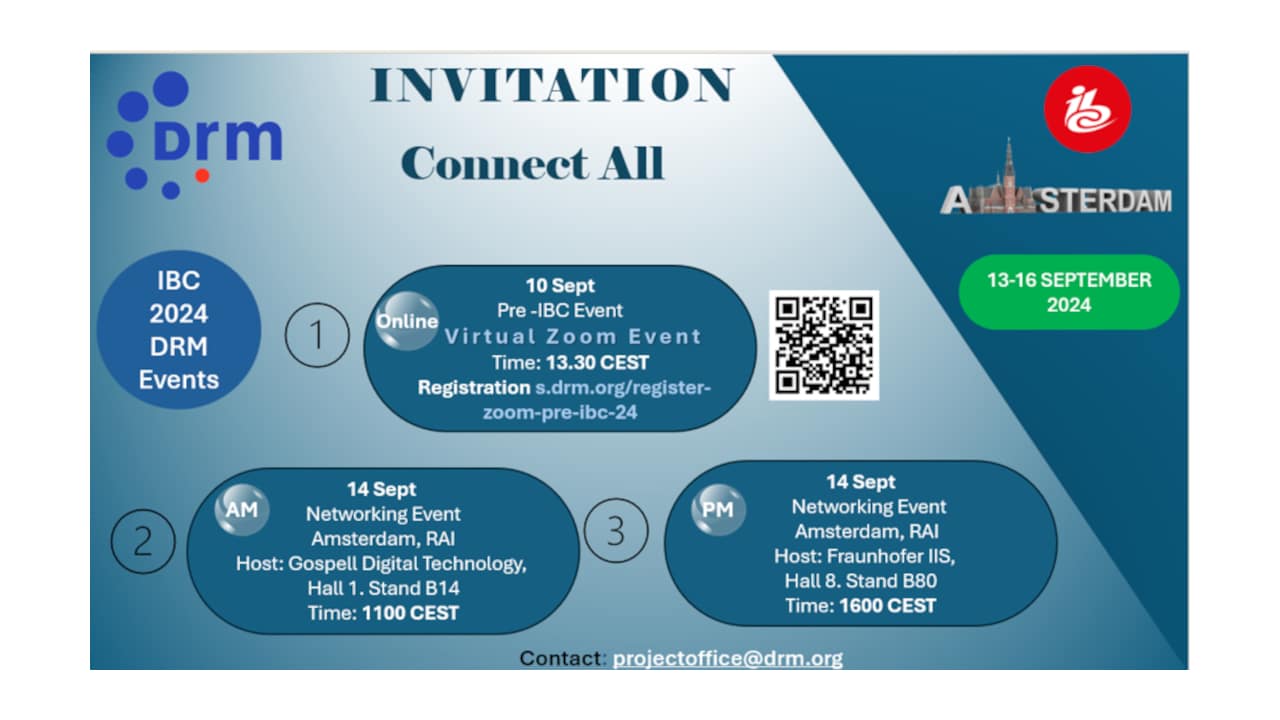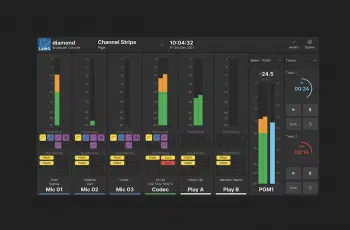
WorldDAB — the global industry forum for digital audio broadcasting — recently published a new ebook, “Establishing DAB+ Digital Broadcast Radio.” RedTech spoke to the author, Dr. Les Sabel.
RedTech: How did the book come about, and why was it needed?
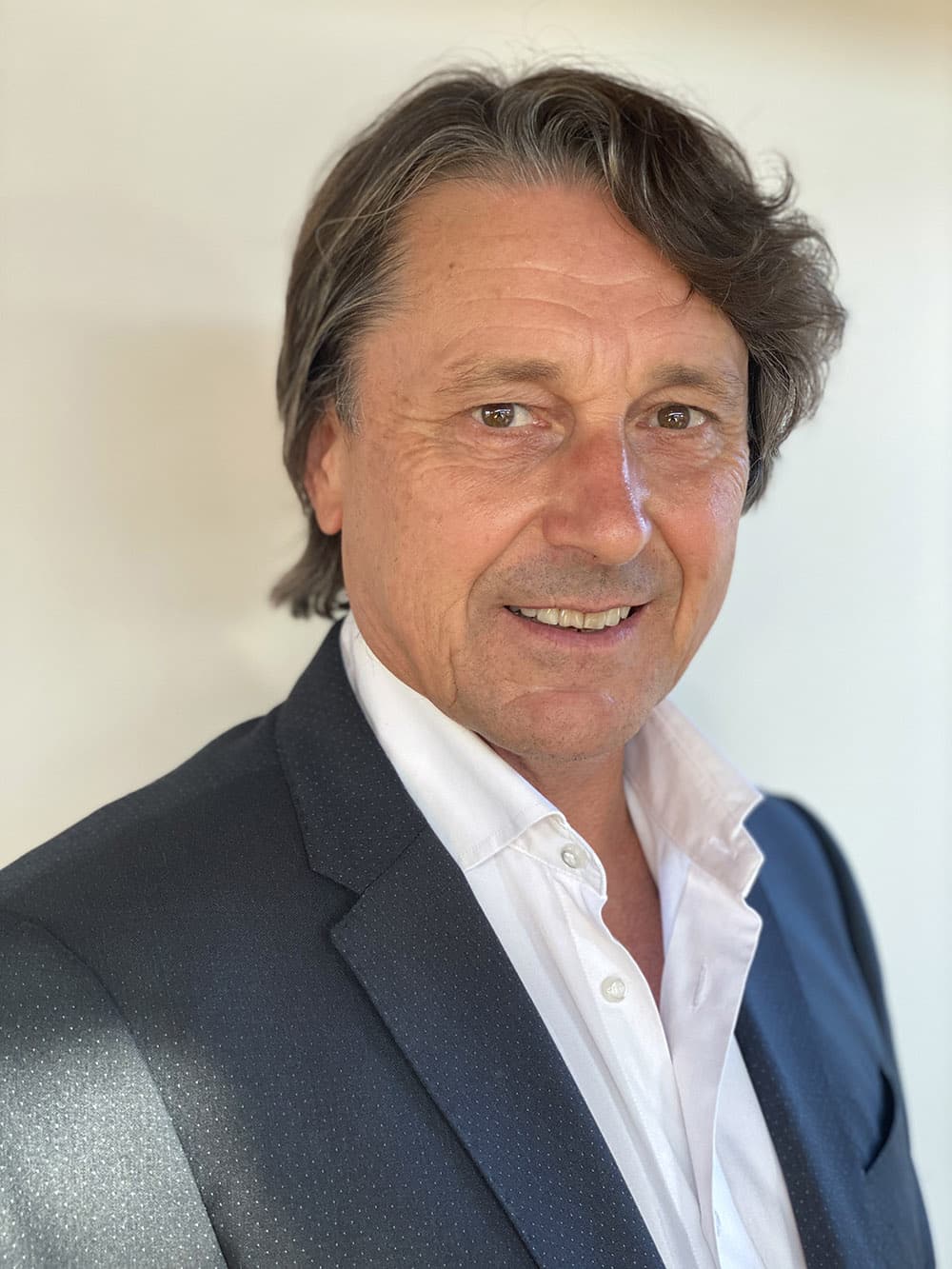
Les Sabel: Most countries find it difficult to start the process of next-generation systems adoption. This is particularly the case for radio due to the competitive nature of incumbent broadcasters and the lack of a digital dividend, as is usually obtained from the transition from analog to digital television. Additionally, unlike the conversion to DTV, there is generally no analog radio switch-off target set.
WorldDAB identified this as a critical issue to address, particularly given the increasing interest in DAB+ from countries across Asia-Pacific and Africa. The Asia-Pacific Broadcasting Union Technical Review published a series of articles on the “DAB adoption process” in 2021 and 2022. After the success of these, the depth of information required to establish DAB led to the development of WorldDAB’s e-book to assist with the process.
RedTech: What topics does the book cover?
Sabel: The book covers the complete DAB+ establishment process from initial interest all the way through to analog switch-off.
The topics covered include the seven major stages in establishment: initial investigations; demonstrations; formal standard adoption and regulation, including coverage requirements and frequency planning; systems planning and design, which covers both transmission and multiplexer network design; rollout activities, including construction, content, receivers and marketing; operations including ongoing content development and marketing; and, finally, analog switch-off.
RedTech: Who is the target audience?
Sabel: The book is primarily focused on providing guidance to new adopters, countries that are in the early stages of adopting digital radio; however, it also provides guidance to countries that have already started the process and, indeed, even those nearing permanent service status.
The main challenge in establishing a new standard, particularly a digital radio standard like DAB+, is communication and the ability to bring all stakeholders together.
RedTech: What’s the main challenge to overcome when establishing DAB+?
Sabel: The main challenge in establishing a new standard, particularly a digital radio standard like DAB+, is communication and the ability to bring all stakeholders together. Experiences in Europe and Australia clearly show that while every country is different, having a stakeholder-based champion organization is essential to timely success.
RedTech: What are your three key tips for establishing DAB+?
Sabel: My top tips are:
First, ensure that all stakeholders understand the benefits of DAB+, including business case, regulation and engineering.
Second is the establishment of the champion organization and the participation of all key stakeholders, including government/regulators, broadcasters and other media services.
Third is a coordinated commitment to establishment, with specific delivery targets, financial commitments from broadcasters and government incentives.
Once these areas are satisfied, the process becomes clear regarding engineering, content development and the business activities required to move forward.
RedTech: How can WorldDAB help?
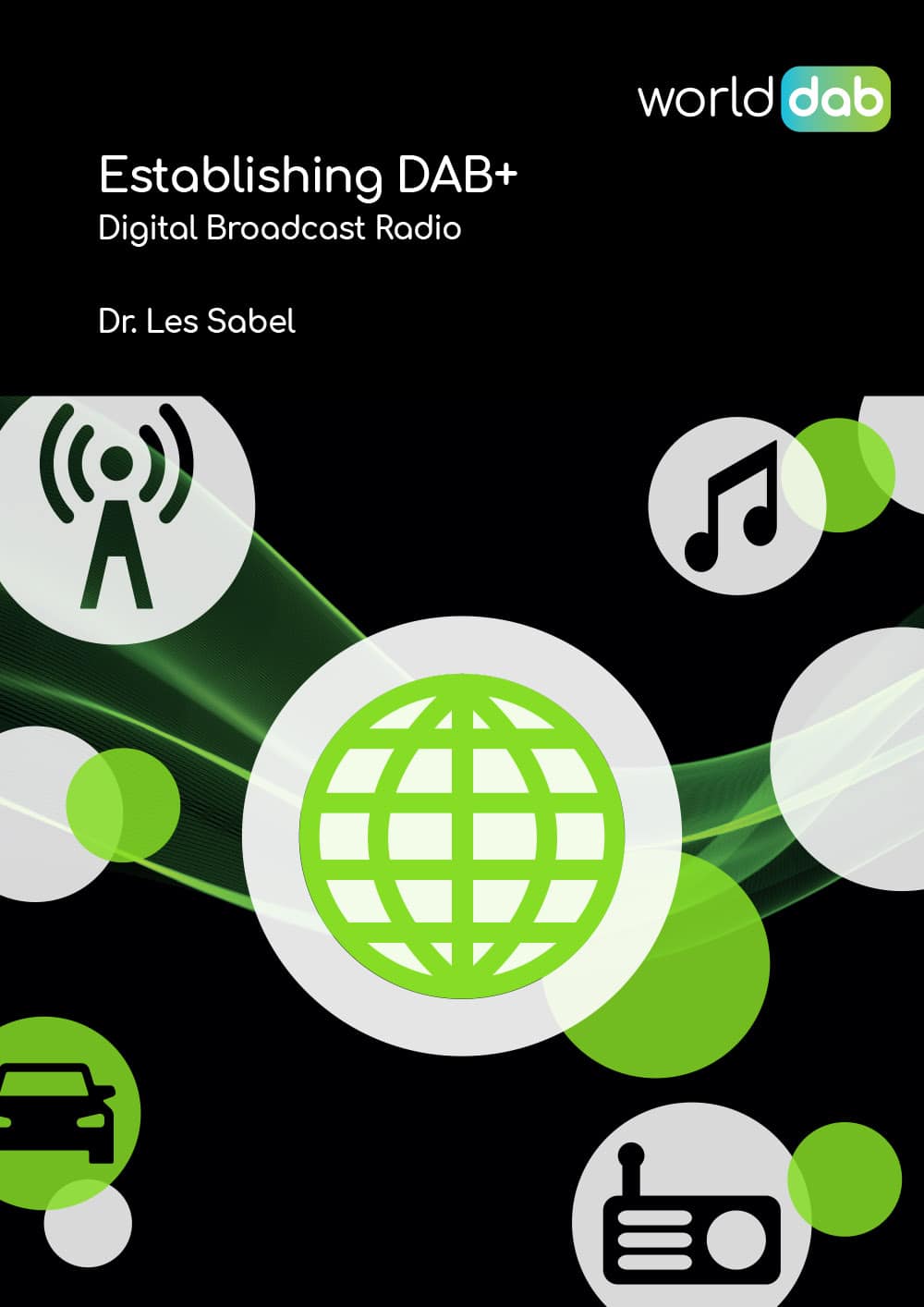
Sabel: WorldDAB is the global forum for digital audio broadcasting and has a wealth of knowledge rooted in its more than 100 member organizations. Critically, WorldDAB supports countries wishing to start the process through educational activities such as workshops, webinars and demonstrations, an example being the forthcoming workshop at the ABU Digital Broadcasting Symposium in March 2023.
WorldDAB provides a wide range of support services through its various committees and working groups to ensure the standard keeps pace with ongoing industry developments.
“Establishing DAB+ Digital Broadcast Radio” by Dr. Les Sabel is available at www.worlddab.org from Feb. 13.
Dr. Les Sabel is part of the WorldDAB Technical Committee.



